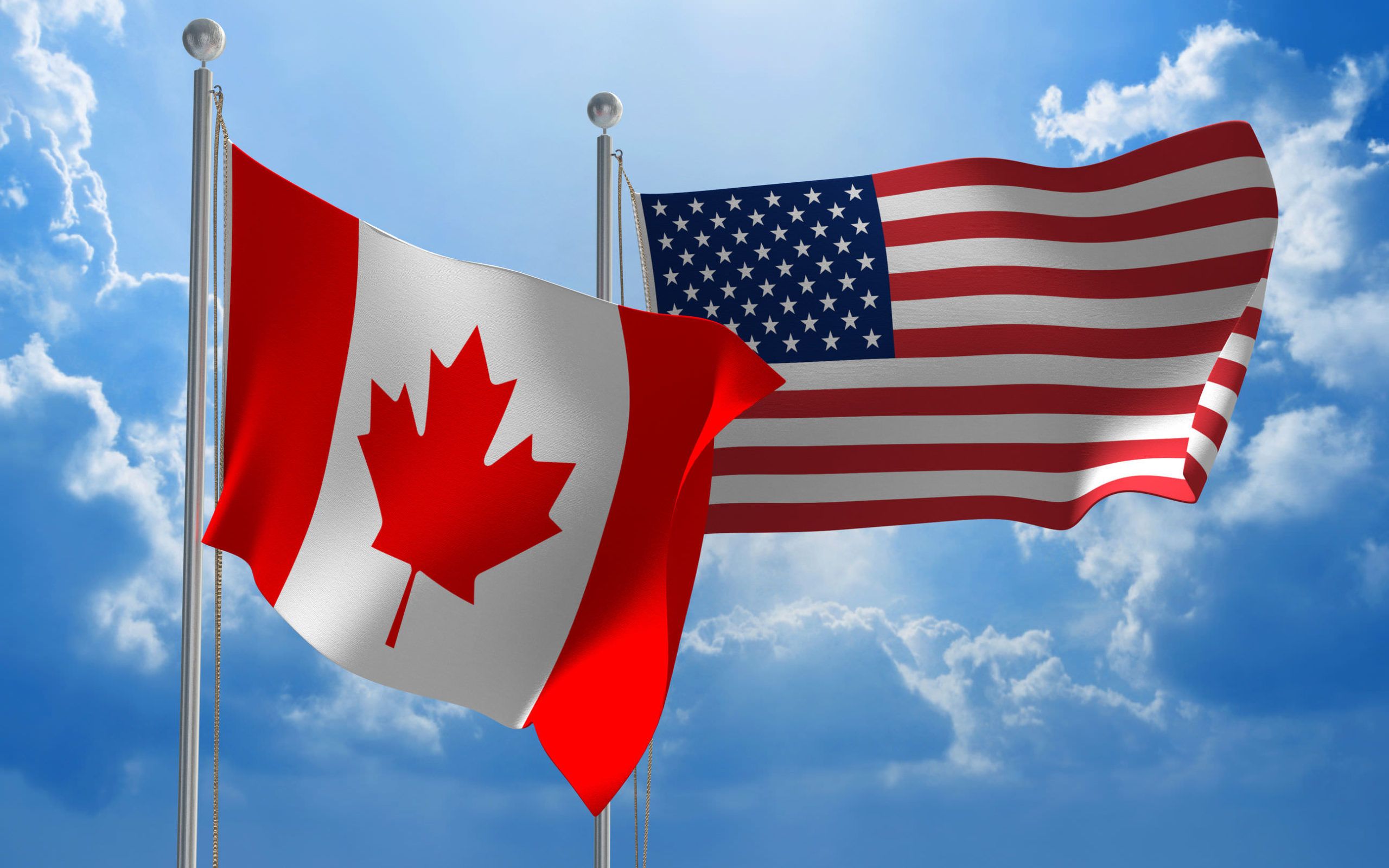By Eli McVey
Maine’s medical marijuana program is on fire, with the number of MMJ patients surging in the past year.
While this can be said for many MMJ programs across the country, such a dramatic increase in a market as mature as Maine’s suggests something more may be at play.
The rising popularity of medical cannabis comes just as Maine prepares to roll out its recreational cannabis program – one that was only narrowly approved in last November’s election.
And there are signs that Maine residents may be slow to embrace new adult-use retailers, given their preference for MMJ caregivers over established medical cannabis dispensaries.
Last year, Maine medical providers printed 51,324 patient certifications for medical cannabis, an increase of 36%.
Maine has a voluntary MMJ patient registry so this figure is used to approximate patient counts in the state. Though not a perfect measure – it includes anomalies like reissues of lost certifications – industry experts believe it’s close, within 5% of the actual number of patients.
That means nearly 4% of Mainers are certified MMJ patients, an astonishingly high figure considering enrollment in medical cannabis programs with similar qualifying conditions typically hovers around 1%-2% of a state’s population.
Acceptance of MMJ as an alternative to more traditional medications like opioid painkillers has been on the rise across the United States. But these figures reflect a particular affinity for medical marijuana among Maine residents.
Since medical marijuana was legalized in Maine in 1999, patients either grew their own cannabis or authorized a caregiver to do it for them.
This caregiver model remains a fixture of Maine’s MMJ industry. And while licensed dispensaries have existed in the state since 2011, many caregivers continue to make a living by growing a limited number of plants for patients.
This large, passionate patient base may be signaling their intentions to rebuke the impending recreational industry, instead turning toward the medical market and caregivers.
Activists were divided even before recreational legalization made the ballot. While they eventually united behind a single measure, the adult-use initiative passed with a razor-thin vote margin. It then survived a recount effort, ending with 50.2% of the vote.
Hostility toward existing MMJ businesses already seems to be manifesting. Despite the huge number of new MMJ patients added to the program in 2016, the state’s largest dispensary – Wellness Connection of Maine – reported declining sales after the recreational marijuana referendum passed. That’s despite a 46% jump in state dispensary sales the year before, in 2015.
This is another example of the unique nature of the cannabis industry. Many longtime patients and consumers hold deeply entrenched attitudes toward marijuana, and they are often at odds with rising commercialization and increased regulation.
There’s a huge amount of pent-up demand for recreational marijuana on the East Coast.
And with Maine looking to be the first market to come online, businesses in the state are likely to find a customer base – both from in-state residents who aren’t turned off by commercial retailers and visitors from neighboring states.
As a result, Maine’s adult-use business owners would do well to appreciate the attitudes underlying Maine’s cannabis culture.
Eli McVey can be reached at elim@mjbizdaily.com




